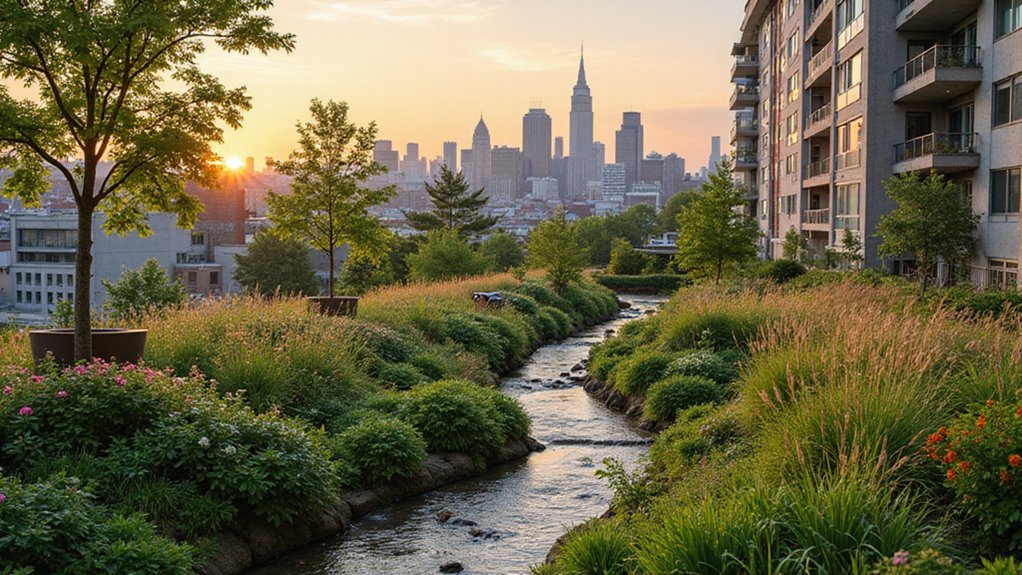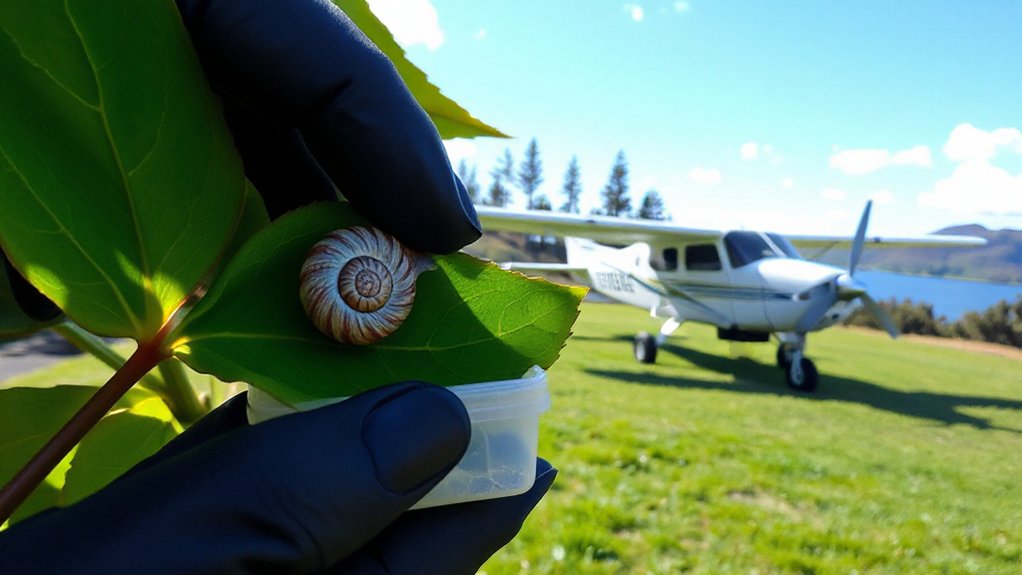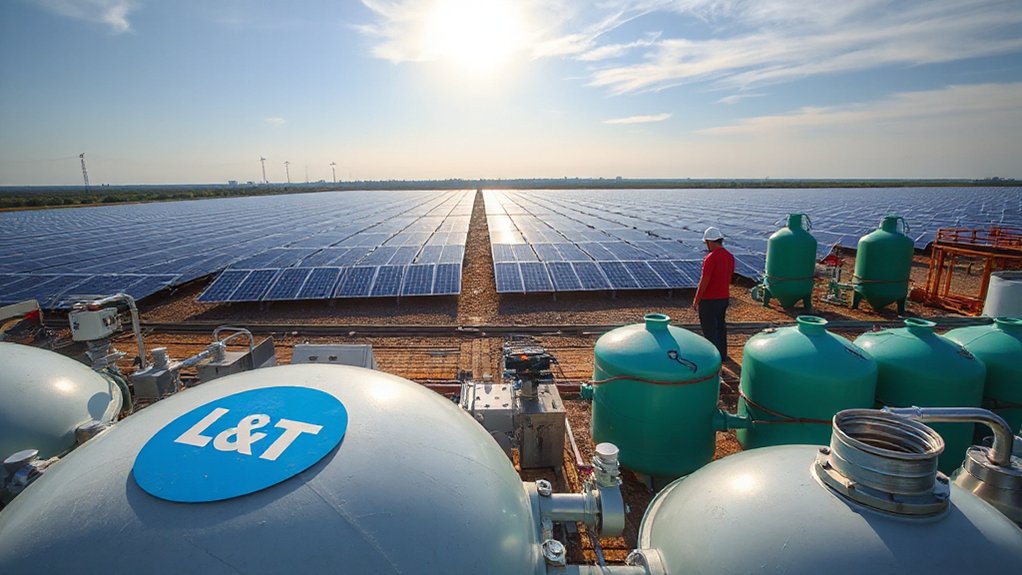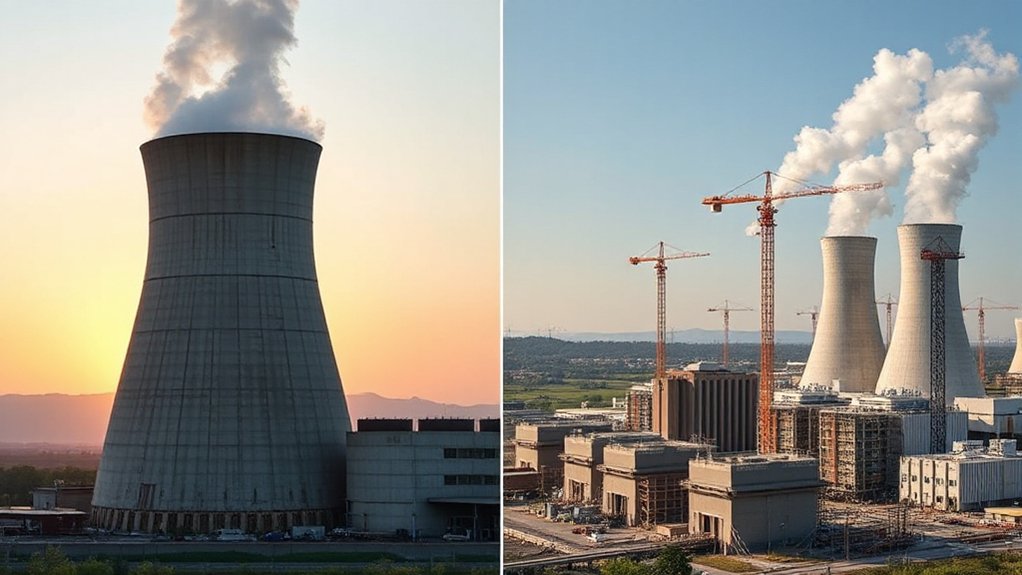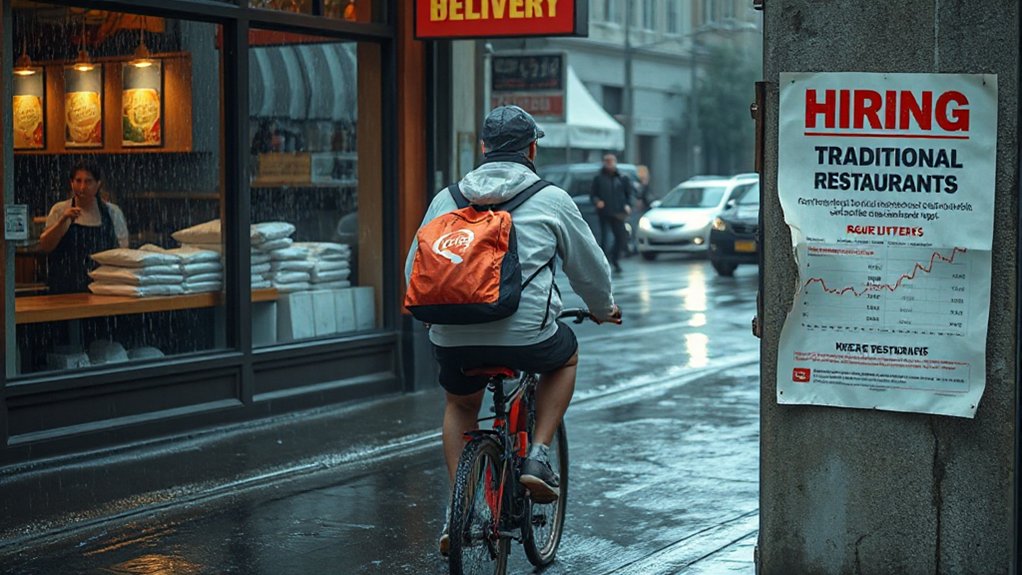Digital metropolises are transforming urban centers with smart technology and data-driven solutions. Cities now deploy IoT sensors, AI systems, and renewable energy to reduce pollution and improve efficiency. Smart grids cut energy costs while digital platforms enhance citizen engagement with government services. Though challenges like the digital divide and privacy concerns exist, these technologies offer promising ways to create sustainable urban environments. The future of planetary health may indeed lie in our increasingly connected cities.
As urban centers continue to evolve, the Digital Metropolis Transformation is transforming cities worldwide into smart, connected hubs. Using data-driven governance and interconnected sensors, cities now collect real-time information to manage resources more efficiently. These smart systems form the backbone of modern urban planning, helping officials make better decisions.
IoT networks and 5G connectivity enable cities to manage everything from traffic to energy use. Sensors track vehicle movement, adjust traffic signals, and direct drivers to open parking spaces. Smart grids reduce energy costs while intelligent waste systems improve recycling rates. The result is less pollution and lower utility bills for residents.
AI and machine learning play key roles in this change. These technologies optimize city operations by predicting needs before problems arise. For example, AI can forecast water usage patterns or identify areas prone to flooding before storms hit. Digital twin technology creates virtual models of cities to test solutions without real-world risks. These urban innovations align with the global shift toward renewable energy capacity which has increased by 45% from 2015 to 2020.
Predictive AI transforms urban planning, forecasting challenges and simulating solutions before real problems emerge.
Citizens now connect with local government through mobile apps and digital platforms. People can report issues, participate in budgeting decisions, and access municipal services 24/7 through AI chatbots. Open data initiatives give the public access to information that was once hard to find.
The economic benefits are significant. Digital hubs attract tech startups and create new jobs. Cities offer digital skills training to prepare workers for these opportunities. Fintech solutions help local businesses process payments and manage finances more easily.
Public safety improves through smart surveillance and emergency response systems. Police use predictive algorithms to prevent crime, while connected cameras help monitor public spaces. Sensor networks installed throughout urban environments allow for real-time environmental monitoring and improved traffic management. Much like Fritz Lang’s Metropolis, these developments raise questions about the tension between technology and humanity in an increasingly mechanized society. However, these advances raise important ethical questions about privacy and surveillance.
Challenges remain. The digital divide means not everyone can access these new tools equally. Cybersecurity threats pose risks to critical infrastructure. AI bias in decision-making systems requires careful oversight.
Despite these concerns, the digital metropolis change continues to reshape urban life, potentially offering solutions to our most pressing environmental and social challenges.


